Mental health is a critical subject that is finally being addressed openly. Everybody can identify with the feeling depressed; experiences and physical wellbeing can lead to us feeling sad, hopeless and run down. These feelings can affect our behavior and relationships, and it is vital to identify when those bouts of low mood have become more frequent and that you may be suffering from clinical depression. Here we list 17 signs that may indicate it is time to talk to a loved one or professional. Do not struggle alone!

1. You Don’t Enjoy the Things You Used To
Have you noticed that the activities you used to love and enjoy no longer lift your mood? If your enthusiasm has waned, especially for something you used to love then take some time to think about why this might be. Perhaps you are run down or are too busy to enjoy an activity if so, consider scaling back so that you still have time for yourself. Making time for things you love is essential for good mental health. If you have no motivation at all for these, consider talking to a friend about it.

2. People are Worried about You
Friends and loved ones are always looking out for your best interests, and they are the best equipped to recognize changes in your behavior or appearance. Is anyone asking you how you feel or if you are OK? Consider why they might be asking or better still, ask them. Communication and relationships are other important factors when thinking about your mental health. If people are worried about you, perhaps it is time you listen.
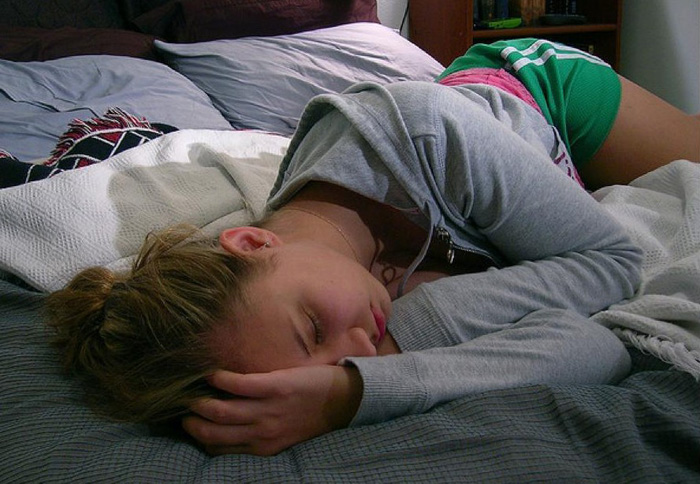
3. You Don’t Feel Like Getting out of Bed
A very common symptom of depression is sleep disturbance. This affects sufferers differently; some may spend an unhealthy amount of time sleeping or in bed, while others will struggle to sleep and experience irregular sleep patterns and insomnia. Both of these problems and lead to weariness and fatigue and are also symptoms of other problems -including stress, worry, and anxiety. If your sleep habits have changed drastically, there are many ways to get back on track, but first, talk to a medical professional.

4. You Solve Your Problems with Drugs and Alcohol
It is extremely common in our culture to turn to alcohol and even drugs (both legal and non-legal) to deal with stress, busy lifestyles, and anxiety. Unfortunately, these drugs do not calm or relieve mental health problems but are highly addictive – leading to more troubling problems. If you feel you are turning to alcohol or drugs to relieve symptoms of depression, remind yourself that they will exacerbate your symptoms. What else could you do to relax and relieve stress?
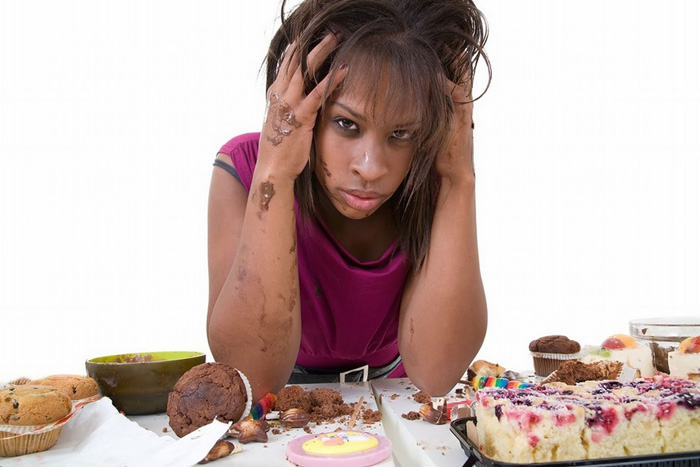
5. Your Eating Habits Have Changed
As with sleep habits, changes in what and when you eat can reveal mental health problems. If your diet has changed drastically; perhaps you are over-eating, experiencing a loss of appetite or relying on junk food, it’s important to consider why this has happened. Changes in your eating habits can lead to poor health, fatigue and weight gain/loss, all of which can intensify your feelings of depression.
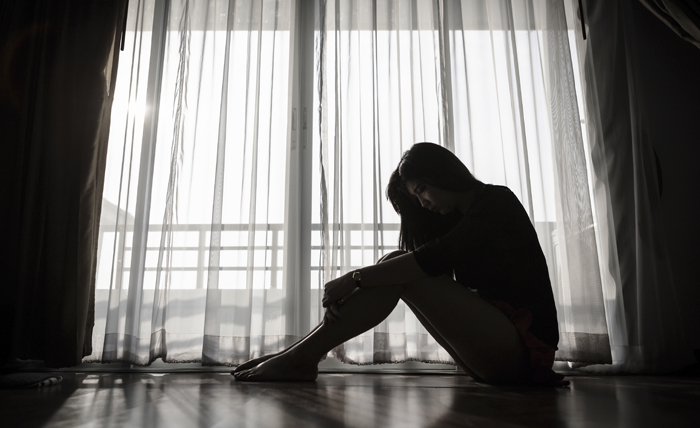
6. You Don’t Want to be Around Other People
Secluding yourself from others is another common symptom of depression. A need for isolation or a feeling of anxiousness in social situations is a serious sign of a problem and should be addressed, especially if it is unusual for you. Detachment from others, particularly loved ones will only intensify your feelings of depression. Get yourself out there and talk about how you are feeling. If this is too daunting then perhaps it’s time to seek some outside help.

7. You Fantasize about Harming Others
This may come as a bit of a shock, but feelings of sadness and hopelessness are not the only emotional symptoms of depression. It is quite common to experience feelings of deep rage and violence. This is an extremely dangerous place to be and can lead to harming yourself or others. If you harbor dark or violent thoughts, it is extremely important that you seek professional help.
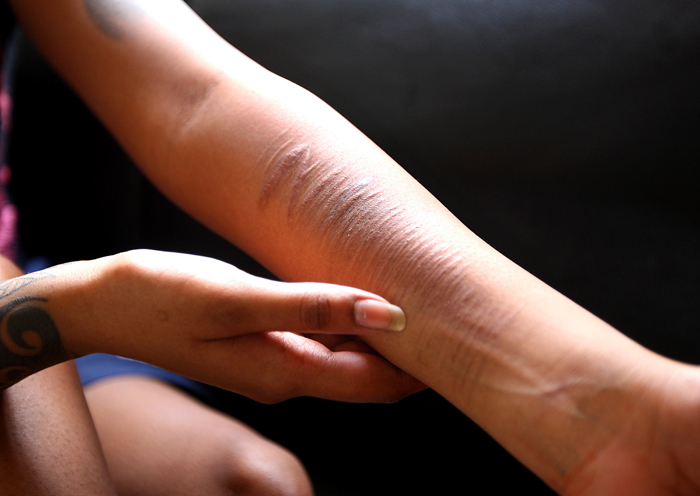
8. You Think about Harming Yourself
Thoughts of self-harm or suicide are a clear indication of mental health problems. If you feel that you are unworthy of your life, leading to ideas of ‘self-punishment’ or even death, you must seek immediate help. No one should have to battle feelings self-loathing or suicide so turn to someone. There is always someone out there to listen.

9. You Can’t Work
Lack of motivation, anxiousness about your job and future, stress, tiredness; many things can contribute to a change in your work behavior. We have all experienced a lack of enthusiasm, but if your pattern of behavior has changed in regards to your work, perhaps you should consider the reason for this. Falling into a state of indifference and negativity will only increase your feelings of depression.
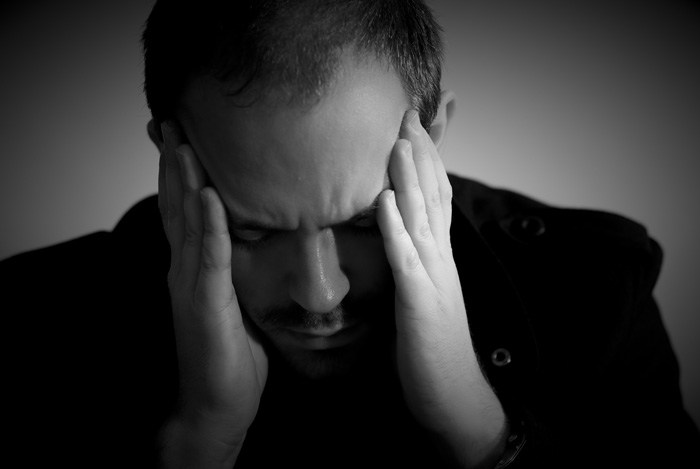
10. You Have Been Feeling Down for More Than Two Weeks
An extended period of low mood is much more severe than typical ‘off days.’ We all experience bouts of depression, lack of motivation and fatigue, but these feelings are prolonged, and your normal efforts to reach a more positive mindset are unsuccessful, then it could be time to seek help.

11. You Can’t Concentrate
Struggling to focus or concentrate is a less-recognized symptom of depression. It can be hard to isolate this as a problem as many of us struggle with this at times and there can be many other factors contributing to it. If you struggle to commit to or concentrate on things that you usually enjoy (or at work), think about where else you may be struggling in life. If some of these symptoms sound familiar, it may be time to speak out.
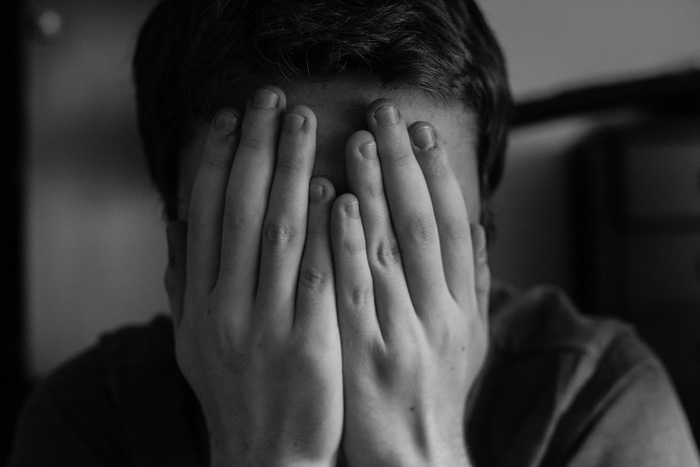
12. You Can’t Shake the Impact of Traumatic Events
Traumatic events disturb and upset all of us, and they can often lead to depression. If you are struggling to cope with an event in your life, make sure you speak out. Isolating yourself or your pain is unlikely to be a successful way to manage your feelings. There are many different for people to approach suffering and loss and there will be a way for you.

13. You Constantly Feel Anxious
Anxiety is being talked about more and more, with many celebrities, athletes and other people in the public eye speaking about their experiences with the disorder. Anxiety can affect many aspects of your life including sleep habits, social interaction, and relationships. There are also many ways to combat or ‘live’ with anxiety, so it is well worth speaking about your symptoms. This doesn’t mean prescription drugs. GPs are far better equipped to help you than they have been in the past.

14. You Have Mood Swings
An imbalance in your mood is very noticeable; we know when we are struggling to control emotions, and those closest to us are quick to spot it. Mood swings can be tiring, upsetting and maddening, so it is worth considering the reason for them. Alcohol, stress, drugs, hormone imbalance and other medical conditions can affect your mood, but if you can’t find the answer don’t be afraid to talk about it with your GP.

15. You’re Easily Irritated
One of the best ways to recognize if you’re suffering from depression is by noticing heightened irritability. Things that never used to bother you will now make you snap in a second. The reason why you will experience heightened irritability is that your brain will constantly be tense due to your depression.
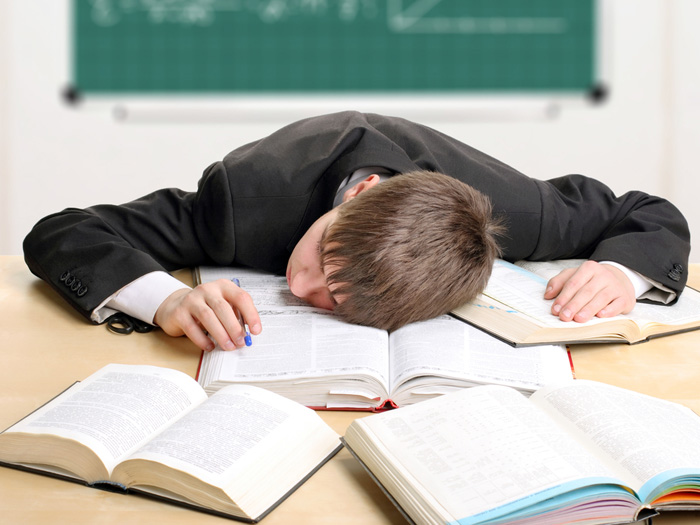
16. Your Energy Levels are Extremely Low
You may have noticed that you simply don’t have the energy to do pretty much anything anymore. If that’s the case, then there’s a good chance that you may be suffering from depression. One of the main reasons why people who’re suffering from depression don’t have a lot of energy is because they don’t have proper sleeping and eating habits.
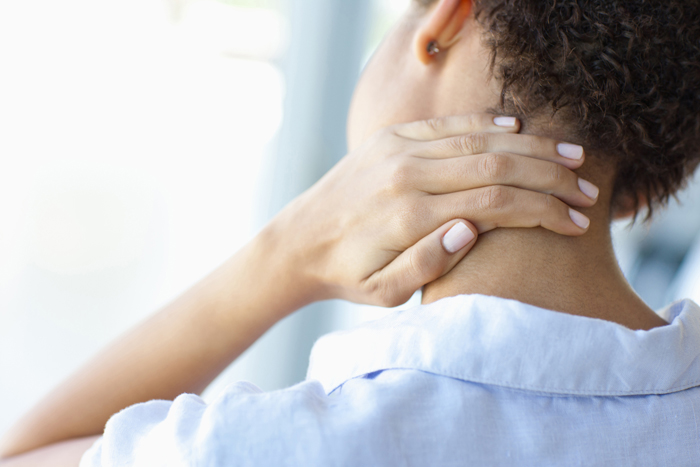
17. You’re Experiencing Unexplainable Physical Pain
Emotional pain can often lead to physical ailments, such as neck pain, headaches, nausea, and stomach problems. Too much stress and the constant feeling of sadness can cause unexplainable aches and pains. If you don’t know why you’re experiencing these pains, then you should definitely see a doctor and get it checked out, as it may be a sign of depression.